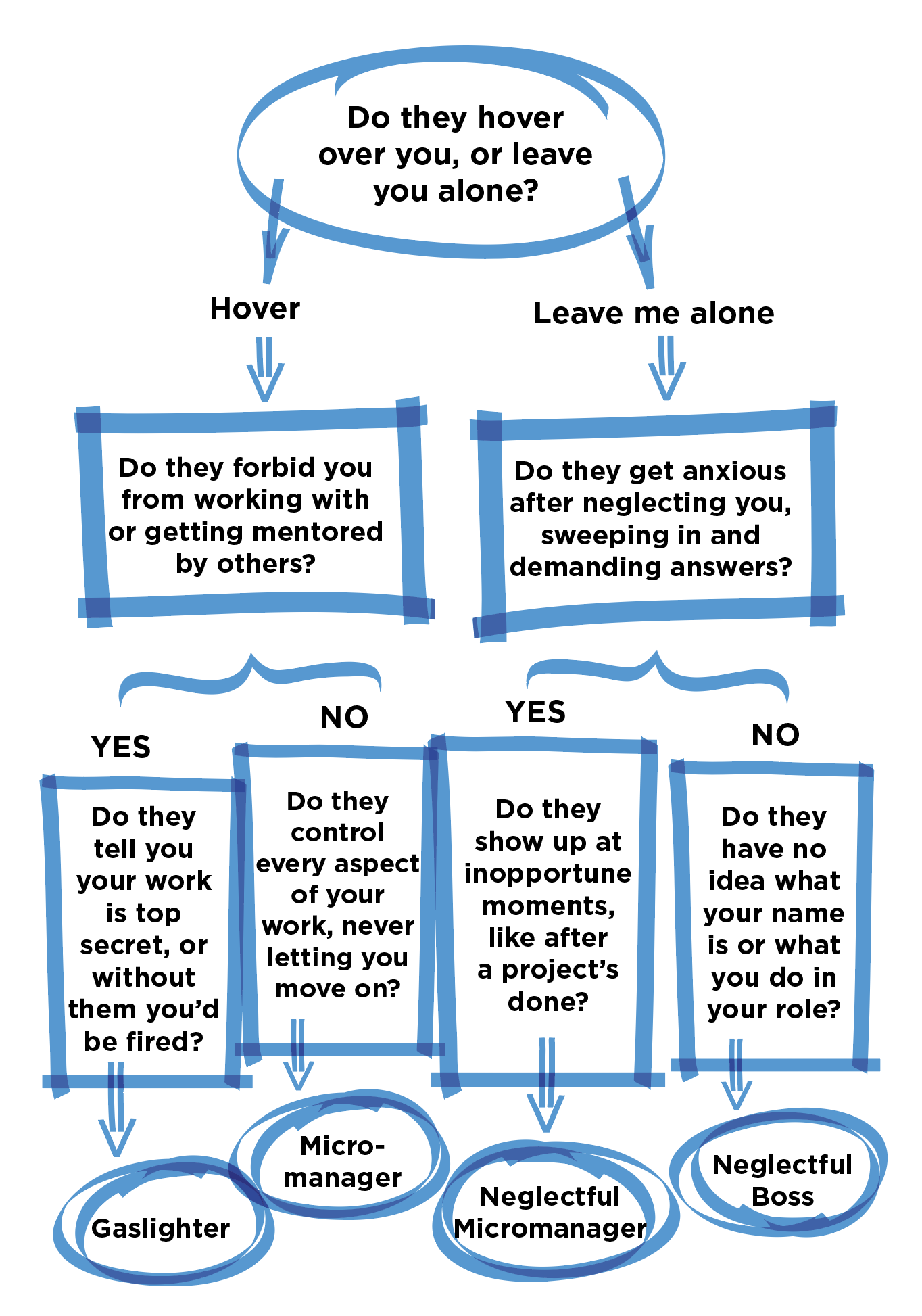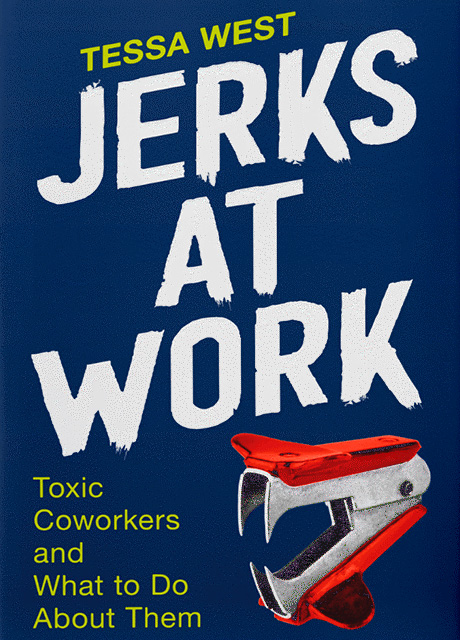Is Your Boss A Jerk?
Are you? Tessa West can answer both questions — and help you fix your workplace nightmares.

Have no fear. Soul-crushing co-workers and beastly bosses are everywhere, but you can protect yourself and have a sane, happy work life. So says Tessa West '08 Ph.D., author of "Jerks at Work: Toxic Coworkers and What to Do About Them."
"I have heard all of the tales from hell," says West, a professor of psychology at NYU, who is quick to add "People also come up to me, paranoid, and ask, 'I'm not in this book, am I?'"
Her guide for dealing with misery-making colleagues identifies the seven most common types of office jerks. Bulldozers do anything to get their way. Credit Stealers ooze friendship while swiping others' work. Neglectful Bosses practice swoop-in supervision. Micromanagers meddle. Gaslighters isolate victims with lies. Kiss Up/Kick Downers belittle staff while brownnosing their own bosses.
The most common crummy co-worker? It's the Free Rider, according to West, who preys on conscientious colleagues too timid to spurn their leechlike ways.
The cure for dealing with all these miscreants calls for a two-step process, she says. First, build a network of work allies and use their insights to decide how to deal with the jerk. Then depersonalize the problem and treat it before it festers. "You want to address very specific behaviors — not why someone did something. When you have a conversation around the behavior, people will be much less defensive," she says.
What Kind of Jerk Boss Do You Have at Work?


For those who fear they are guilty of work jerkery, she advises asking for feedback from co-workers in the same way you'd confront a jerk. "Ask people what they think of your specific behaviors — did I give you enough time on that document? Do you feel I gave you the opportunity to speak up in the meeting? Create a habit of asking for that daily feedback and do it in front of a lot of people, so everyone else starts doing it as well. By creating that structure and a system of small daily low-level things, people won't be afraid to give you feedback."
West says stress can drive people into what she calls "accidental jerk territory" and confesses that the pressure of leading an office reorganization once made her a bulldozer boss. "Everybody hated me," she admits. By sharing her failings in the book, "I wanted to throw myself under the bus to get people to have a little more humility," she says.
"Most of us have an inner jerk. This isn't a bad apple issue. This isn't a personality defect issue," says West. Most people don't mean to be ogres. They try to be good bosses but, for example, pressure from the top makes them micromanage. Worse, an organization's structural flaws encourage people to misbehave. Her next book, "Job Therapy," explores reasons people are unsatisfied at work and comes out next year.
Thanks to the growth of remote work, it's harder to detect a jerk, she says. People no longer cross-pollinate in person and are unable to see who creates the social glue — or mud — that helps or hurts organizations.
"It's not an employee's burden to fix mean people," she says. "But at the same time don't assume other people are going to care about your problem. It's your burden and your responsibility to learn how to communicate to fix it. That's the safest strategy."
By George Spencer
Photo by Blaise Heyward Studio

Leave a Reply